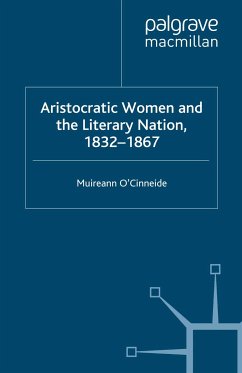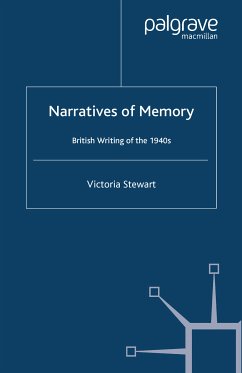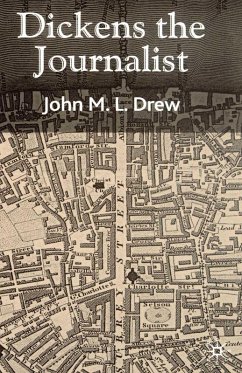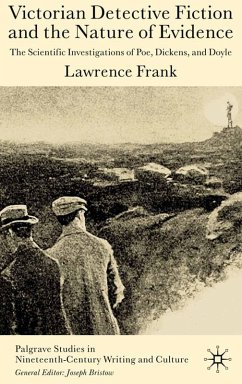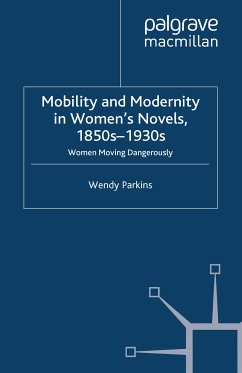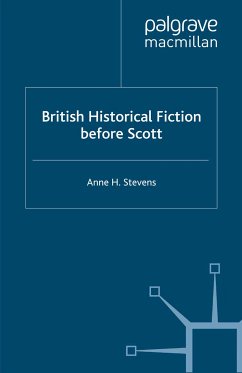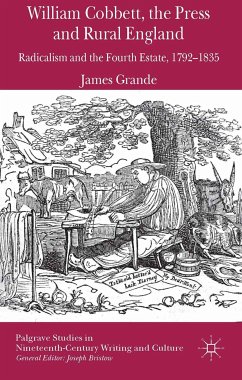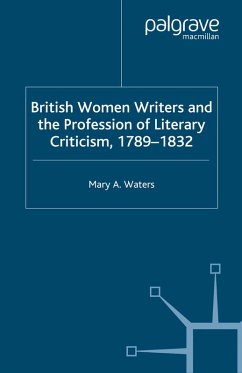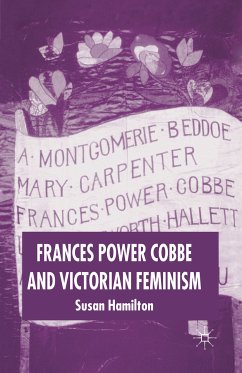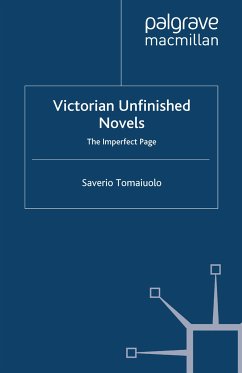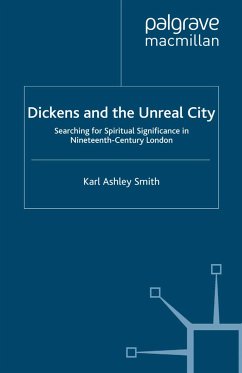
Dickens and the Unreal City (eBook, PDF)
Searching for Spiritual Significance in Nineteenth-Century London
Versandkostenfrei!
Sofort per Download lieferbar
40,95 €
inkl. MwSt.
Weitere Ausgaben:

PAYBACK Punkte
20 °P sammeln!
Dickens's London often acts as a complex symbol, composed of numerous sub-symbols, such as crowd, river, railway networks and police systems. This book is particularly interested in how Dickens's treatment of the city allows him to re-examine traditional Christian discourses on the issues of revelation, renunciation and regeneration.
Dieser Download kann aus rechtlichen Gründen nur mit Rechnungsadresse in A, B, BG, CY, CZ, D, DK, EW, E, FIN, F, GR, HR, H, IRL, I, LT, L, LR, M, NL, PL, P, R, S, SLO, SK ausgeliefert werden.




